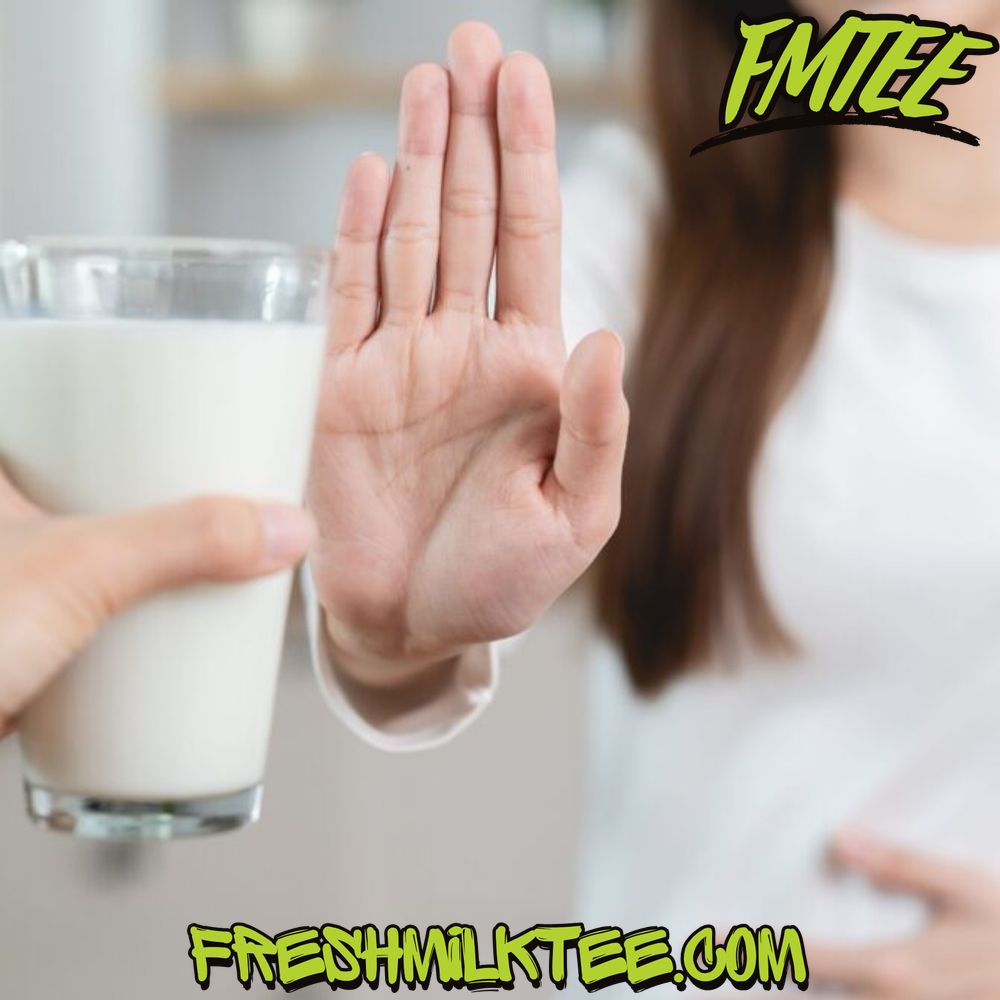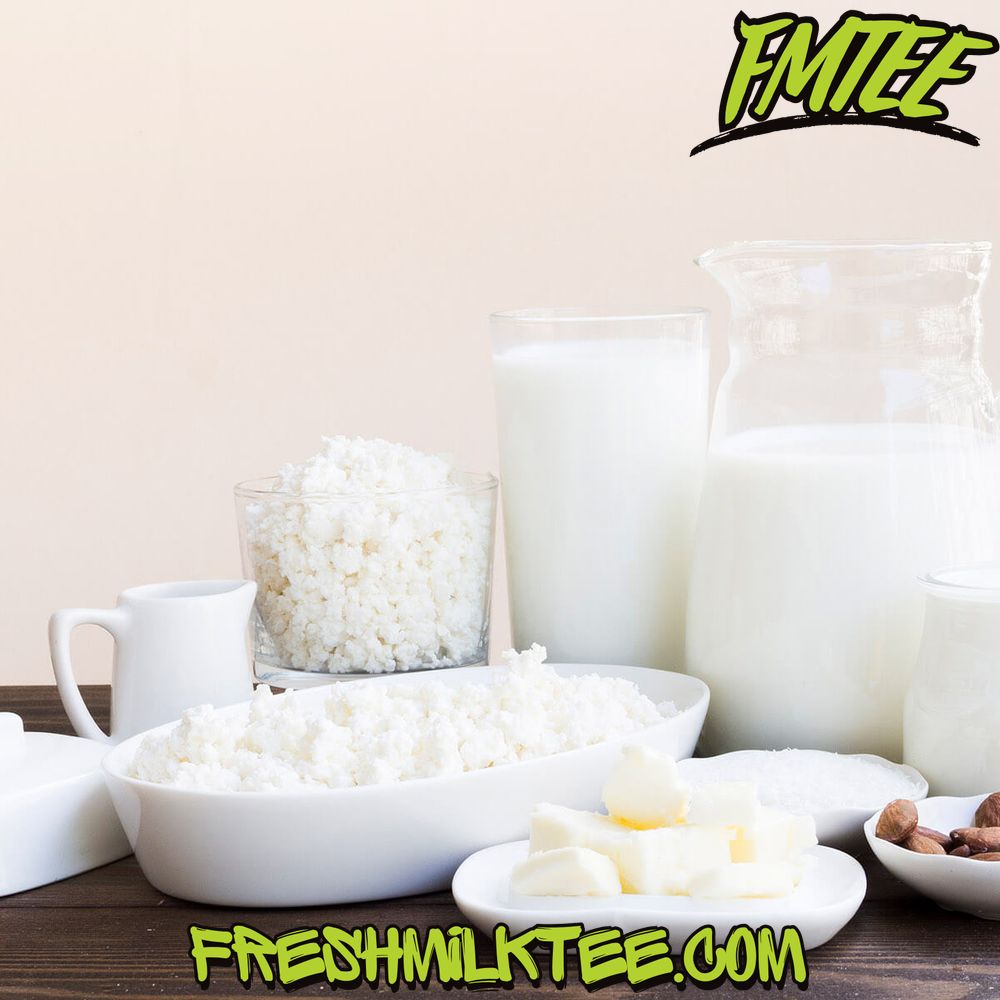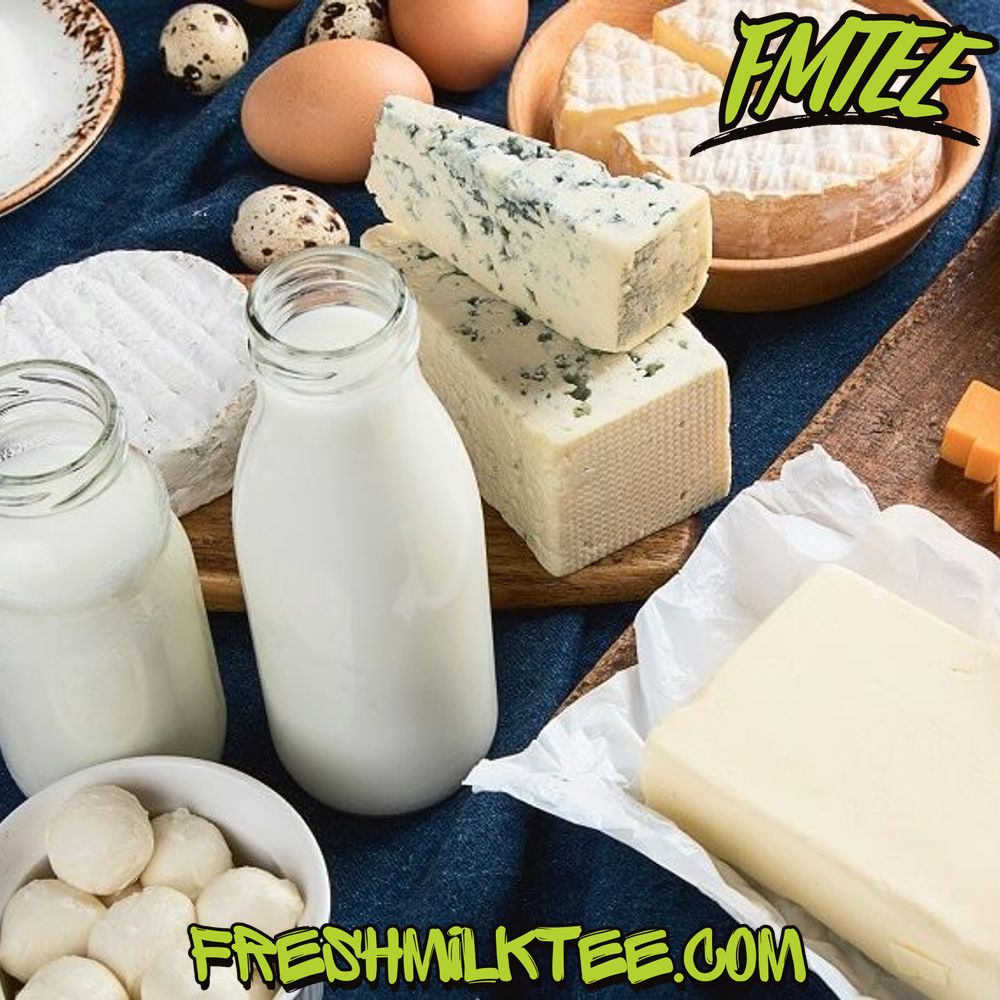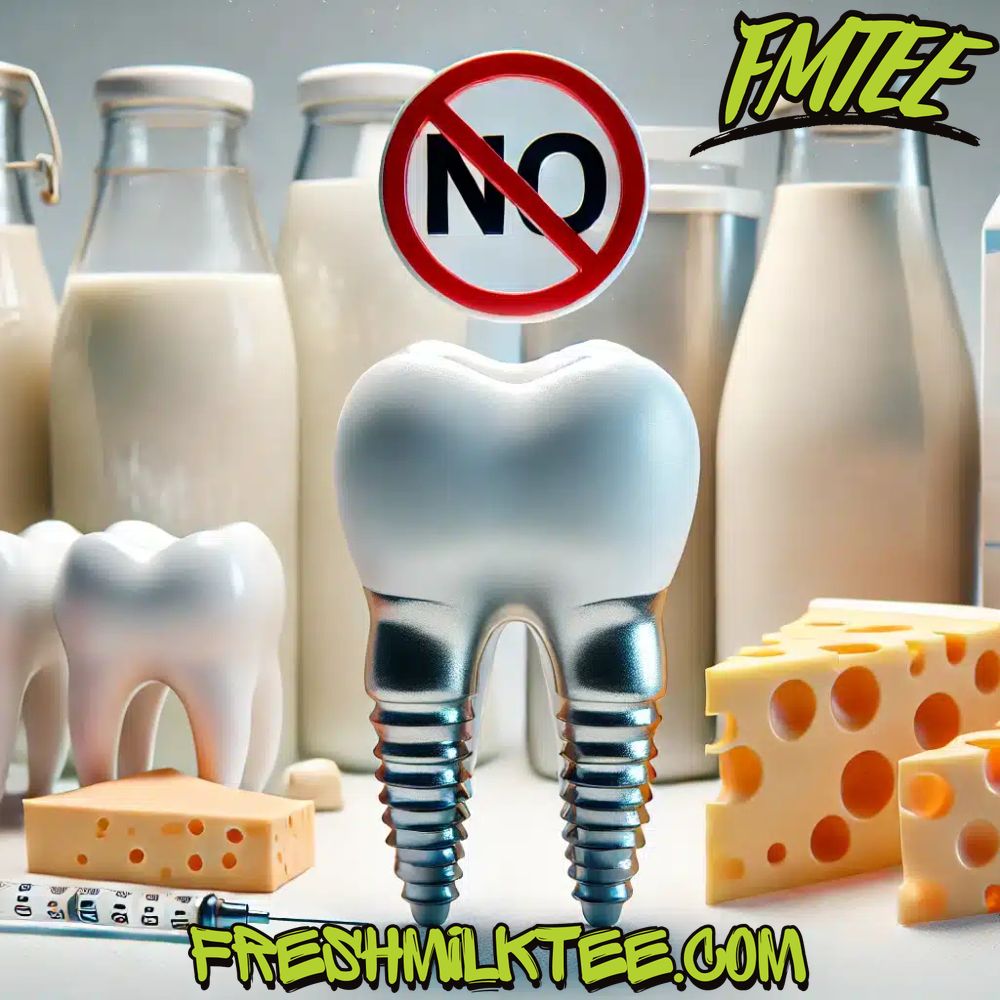Blog
Why No Dairy After Dental Implant?
Why No Dairy After Dental Implant?
Dental implant surgery is a significant step in restoring your smile and oral health. However, the recovery process is critical for ensuring the long-term success of the implant. During the healing phase, it is essential to follow specific dietary guidelines to support recovery. One common question that patients ask is “Why no dairy after dental implant?” In this article, we will explore the reasons why dairy is often avoided after dental implant surgery and offer advice on the best foods to support your recovery.
Why No Dairy After Dental Implant?
Dairy after dental implants is a topic that often confuses patients undergoing implant surgery. Many people are unaware of the potential risks that dairy products may pose during the healing process.
Dairy After Dental Implants: Understanding the Risks
Dairy products such as milk, cheese, and yogurt are staples in many people’s diets. However, after a dental implant surgery, it is advised to avoid them for several reasons. Firstly, dairy can cause inflammatory responses in the oral tissues. This can interfere with the natural healing process and increase discomfort during recovery. Additionally, dairy after dental implants can sometimes lead to infection risks because it might hinder proper blood clotting, which is essential for the success of the implant.
Impact on Bone Healing and Calcium Absorption
Another important factor is calcium absorption. While dairy is a rich source of calcium, low calcium intake during the recovery period can have a negative effect on bone healing. The implant site needs strong bones to integrate properly, and poor calcium absorption could delay the healing process or even lead to implant failure.

Why Avoid Dairy After Dental Implant Surgery?
After dental implant surgery, it is vital to follow your dentist’s instructions for optimal recovery. While it might seem counterintuitive to avoid dairy—given its calcium-rich content—the risks of consuming dairy products during this critical period are significant.
Why Dairy Causes Inflammation
Dairy after dental implant surgery can trigger an inflammatory response in the body. Inflammation is one of the main factors that can slow down the healing process and lead to complications like infection. For instance, if a patient consumes dairy, it could irritate the soft tissues around the implant site, making it harder for the gums and bone to heal properly.
Blood Clotting and Infection Risk
Another reason to avoid dairy after dental implants is the potential for infection. Dairy products, especially those that are high in fat, can interfere with the body’s natural process of blood clotting. After implant surgery, maintaining a stable blood clot is crucial to protect the implant area from bacteria and to promote healing. Dairy may disrupt this delicate balance, putting the patient at risk of complications.
Foods to Avoid After Dental Implant Surgery
While dairy after dental implants is a major food group to avoid, there are other foods that should also be limited or avoided for a smoother recovery.
Avoid Dairy and Other Hard Foods
Avoiding foods that are hard to chew or sticky is crucial after implant surgery. These foods can dislodge the implant, cause irritation to the gums, or disrupt the healing of the bone. Dairy products like cheese and yogurt may also irritate the surgical site.
Foods That Should Be Avoided After Dental Implant Surgery:
- Hard cheeses
- Full-fat milk
- Yogurt with added sugar
- Cream-based dishes
- Ice cream
Post-Dental Implant Soft Foods
Soft, non-dairy foods are the best option after implant surgery. These foods will minimize irritation to the gums and provide the necessary nutrients for healing. Some examples of soft, non-dairy foods include:
- Pureed vegetables
- Mashed potatoes
- Smooth soups
- Oatmeal
- Smooth fruit smoothies (without dairy)

Dental Implant Recovery Diet: The Key to Healing
Proper nutrition plays a significant role in the healing process after dental implant surgery. A dental implant recovery diet should focus on supporting bone growth, reducing inflammation, and preventing infection.
The Role of Non-Dairy Healing Foods
Certain foods that are rich in vitamins, minerals, and healthy fats can support the body’s natural healing abilities. Foods high in vitamin C, vitamin D, and zinc are particularly beneficial for the healing process. These nutrients help reduce inflammation and support the implant’s integration into the bone.
Some excellent food options for dental implant recovery include:
- Lean proteins (chicken, tofu)
- Vitamin C-rich fruits (oranges, strawberries)
- Healthy fats (avocados, olive oil)
- Leafy greens (spinach, kale)
Safe Foods After Dental Implant Surgery
After surgery, it is essential to stick to safe foods after dental implant surgery that are easy to chew, nutrient-rich, and gentle on the healing area. These foods will support the healing process and ensure the implant integrates properly.
Best Soft Foods for Dental Implant Recovery
- Oatmeal: Soft and easy to eat, providing fiber and nutrients.
- Mashed potatoes: A comforting food that is gentle on the mouth.
- Smooth soups: Opt for broth-based soups that are light and nourishing.
- Smooth fruit smoothies: Blend fruits like bananas, berries, and avocado for a vitamin-packed treat.
Post-Implant Healing Tips for Patients
To ensure your dental implant heals correctly, follow your dentist’s recommendations and make adjustments to your diet. Avoiding dairy after dental implant surgery is just one step in a comprehensive recovery plan.
Other Tips for a Successful Recovery
- Hydration: Drink plenty of water to promote healing and stay hydrated.
- Avoid hard foods: Stick to soft foods to prevent irritation to the surgical site.
- Follow-up appointments: Regular visits to your dentist are crucial for monitoring progress.
What to Eat After Dental Implant Surgery
Knowing what to eat after dental implant surgery is key to supporting your recovery. By sticking to a diet rich in vitamins and minerals, avoiding dairy after dental implants, and choosing soft, non-irritating foods, you can ensure that your implant heals quickly and effectively.
Dental Implant Aftercare Diet
The right dental implant aftercare diet will promote healing and improve the chances of long-term success. Focus on incorporating non-dairy healing foods and avoiding those that could disrupt the implant process. Nutrient-dense options are ideal to help with inflammation control and bone healing.

Frequently Asked Questions (FAQ)
1. Can I drink milk after dental implant surgery?
It is recommended to avoid dairy after dental implants as milk can cause inflammation and hinder the healing process.
2. Why is dairy not recommended after dental implants?
Dairy after dental implants can interfere with blood clotting, increase inflammation, and disrupt calcium absorption, which negatively impacts bone healing.
3. How long should I avoid dairy after dental implant surgery?
It is best to avoid dairy products for at least the first few weeks of recovery. Consult with your dentist for a personalized timeline based on your progress.
4. What are the best foods to eat after dental implant surgery?
Soft, non-dairy foods such as mashed potatoes, pureed vegetables, smoothies, and soups are excellent choices after dental implant surgery.
Conclusion
In conclusion, avoiding dairy after dental implants is an important step in ensuring a smooth recovery process. Dairy products can cause inflammation, disrupt blood clotting, and affect calcium absorption, which can hinder the healing process and the success of your implant. By sticking to a dental implant recovery diet that focuses on soft, non-dairy foods, you can give your implant the best chance to integrate properly and heal quickly.
For more information on why dairy is not recommended after dental implants, you can refer to the following resources:
- Kirkland Premier Dentistry
- Roots Dental
- Hoggard Family Dentistry
- St Leonard’s Dental
- My Wellness Dental
If possible, visit dinounicorn.com or freshmilktee.com to support us.

